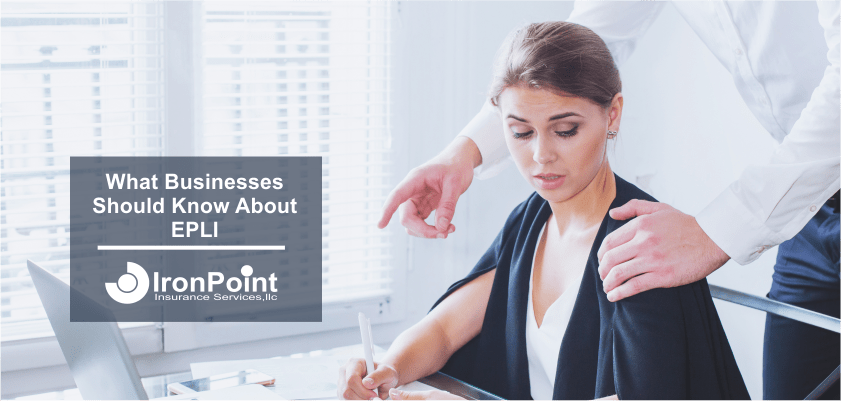What is Product Liability Insurance Coverage?

You had a great idea to build a business, so you developed a plan and prototypes. It took time, but you made your pitches and secured your funding. Now you’re well on the way to realizing your dream. You’re now a business owner and need to consider what happens if a product you manufacture, distribute, or sell causes harm to your customers. Obviously, you need business insurance, but more specifically, you need product liability protection.
To protect yourself against the financial consequences of these risks, consider purchasing product liability insurance.
What is Product Liability Insurance?
Product liability insurance is a type of insurance coverage that protects businesses against claims for injury or damage caused by their products. It covers the cost of defending against a lawsuit, settlements, or judgment from covered claims. The coverage is typically offered as part of a broader general liability insurance policy, but can also be purchased as a standalone policy.
How Does Product Liability Insurance Work?
You’re getting a handle on what product liability insurance is, but how does it work? This form of coverage provides protection to businesses when one of their products causes harm to a consumer. If a consumer is injured or suffers property damage as a result of using a product, they may sue. These suites can include the manufacturer, distributor, or seller of a product. If the business is found liable, product liability insurance will cover the cost of the settlement or judgment.
Each state and municipality will have different laws relating to general or product liability, but two legal theories apply universally from jurisdiction to jurisdiction. These principles, as they apply to defective products or services are negligence and strict liability.
Strict Liability vs Negligence
The two legal theories under which a business can be found liable for damages caused by its products are strict liability and negligence.
What is strict liability?
Strict liability is a legal doctrine that holds a manufacturer, distributor, or seller responsible for harm caused by their products, regardless of whether they were negligent or not. In other words, the consumer does not have to prove that the business was at fault. This doctrine is often used in cases involving defective products.
So, what constitutes a “defective” product under the theory of strict liability? This question doesn’t have a simple answer. In fact, it may vary greatly between jurisdictions. Generally, it requires a showing that the product presents a substantial likelihood of harm to consumers due to one or more of the following:
- Design defect – a product may be found to be defective when the design does not include a necessary and feasible safety feature.
- Manufacturing defect – a product may be found to be defective when it is not manufactured in compliance with the design.
- Warnings and instructions defect – a product may be found to be defective when its communications (instructions, warnings, manuals, labels) accompanying or affixed to it are inadequate, inappropriate, misleading, or confusing.
What is negligence?
On the other hand, negligence is a legal theory that holds a business responsible for damages caused by its products if the business failed to exercise reasonable care. Reasonable care can apply to how you designed, manufactured, distributed, or sold the product. To prove negligence, the consumer must show that the business had a duty to exercise reasonable care and failed to do so.
Example: A consumer purchases a ladder and while using the ladder one of the legs buckles and the consumer falls and injures themselves. The consumer may present a claim that the ladder manufacturer didn’t use reasonable care in the inspection, quality control, or engineering of the ladder resulting in the damages. Alternatively, if the seller was responsible for disclosures, or assembly, they could be found negligent if it’s proved that the seller failed to notify or provide reasonable care in the assembly.
The bottom line
Product liability insurance is crucial coverage for businesses that manufacture, distribute or sell products. It provides protection against the cost of defending against a lawsuit when your product injures or causes property damage to others. If this describes your business, you need to add product liability to the questions you ask before you buy business insurance.
If you’re in the market for business insurance, you can contact us, or start your quote online.

Compare Business Quotes
Need new business insurance? Request a quote and we’ll shop the market for you, it’s free, fast, and reliable.
Give us a Ring
Call today and speak with a professional insurance agent.
Additional articles that may interest you:

Know Your Employment Practices Liability Coverage
